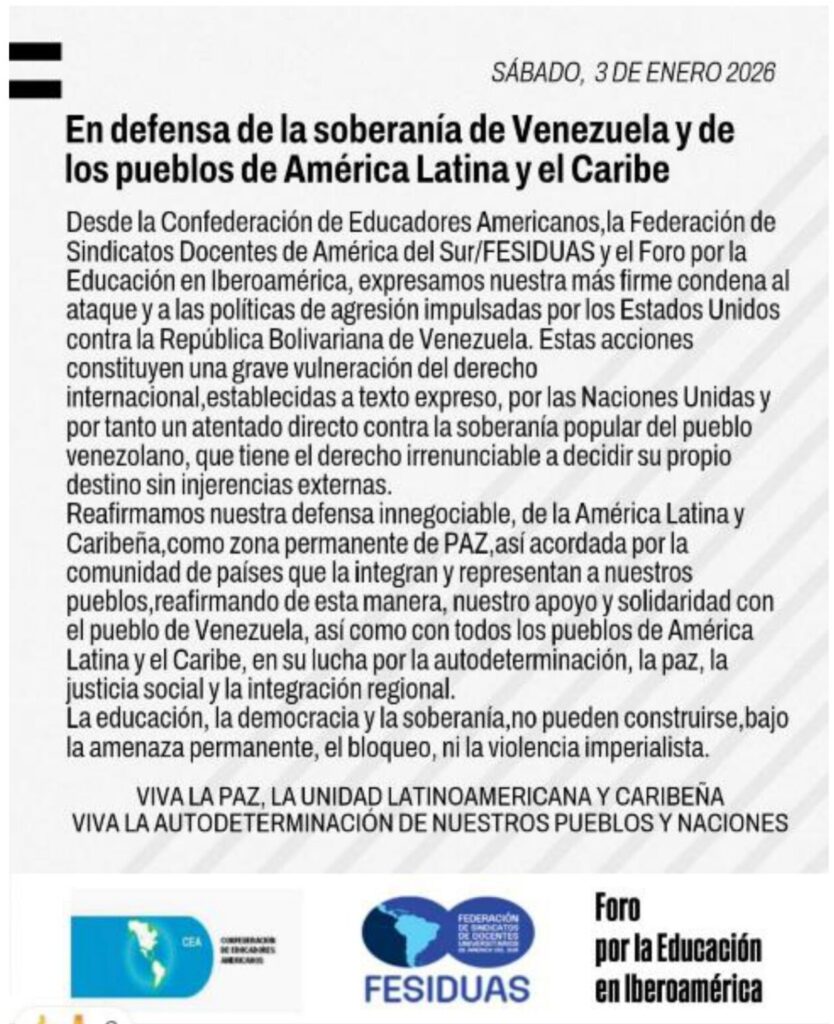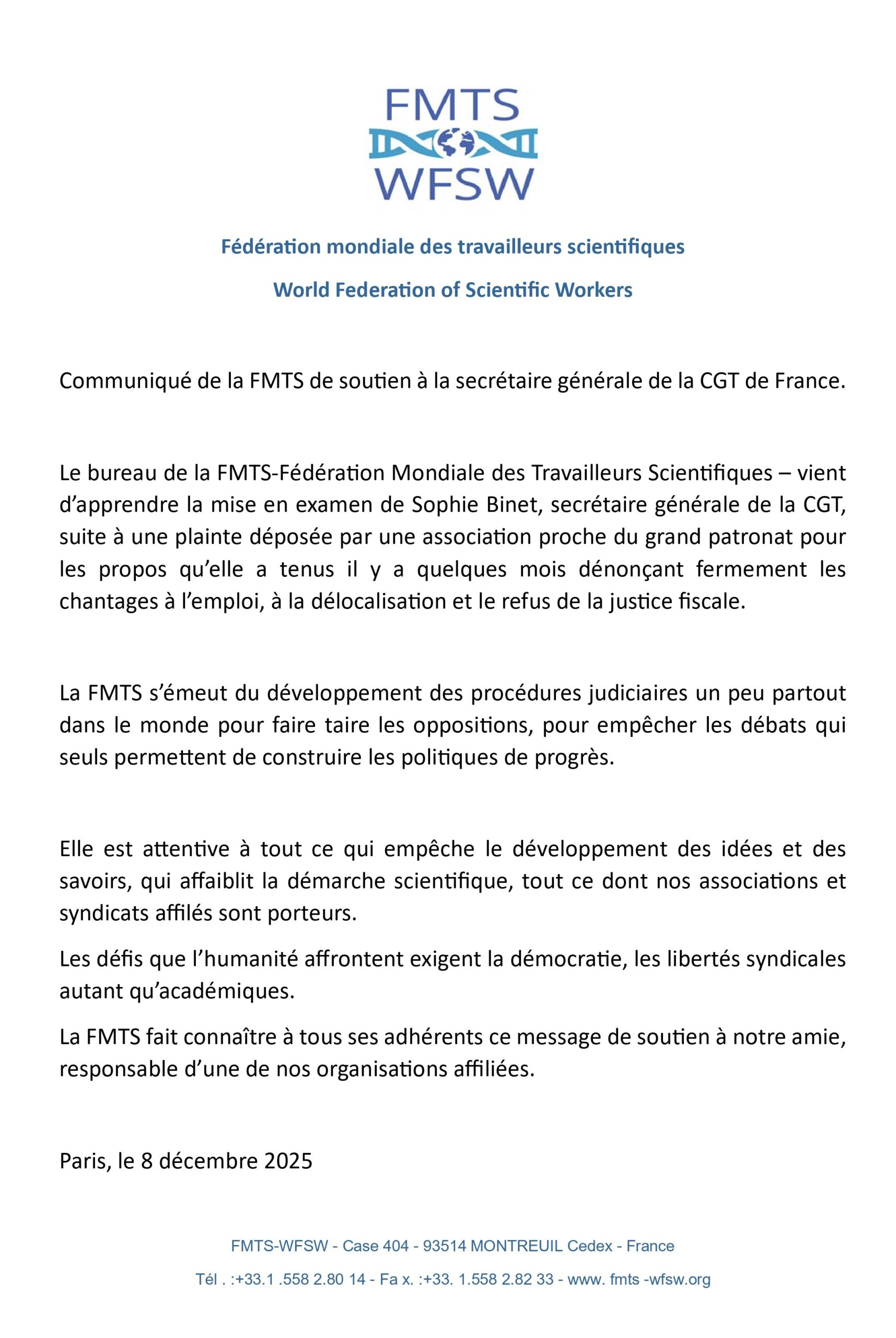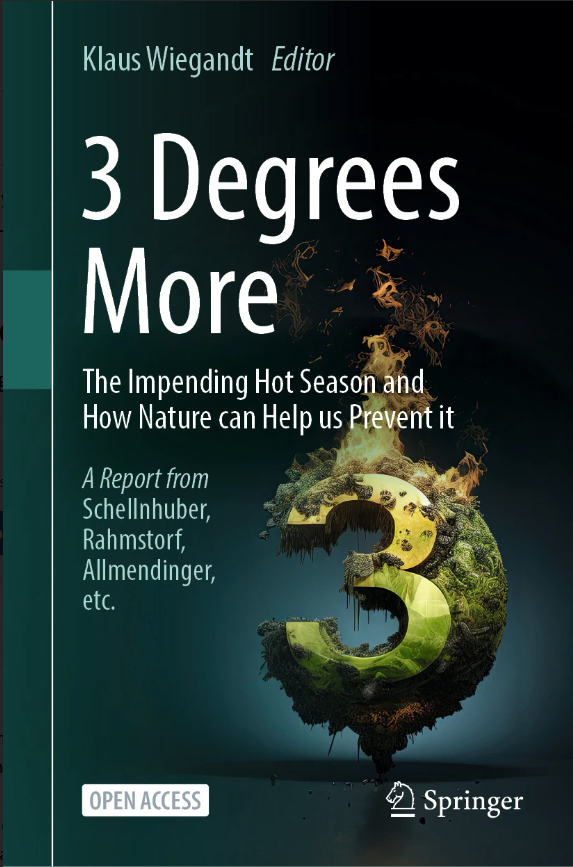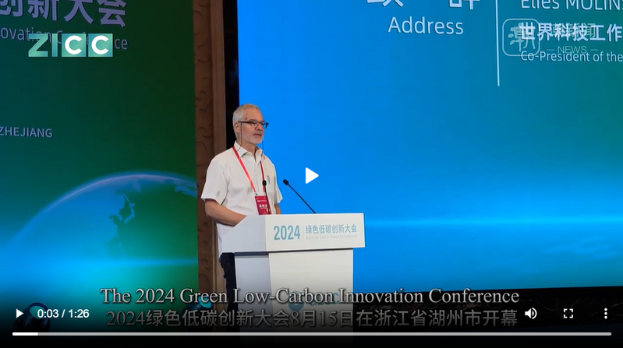For an open science, which is not subject to pressure from for profit organizations
In order to achieve the Sustainable Development Goal n°4 of UN, the condition to be fulfilled is to develop quality education, based on production and dissemination of a sound and reliable scientific knowledge. This knowledge must be accessible to everyone, in order to contribute to raise the level of cultural literacy and develop the critical mind of the population. The digital revolution nowadays opens new possibilities to access knowledge and use it for education and research purposes. Yet those achievements are not granted: the large editorial companies, which are lucrative businesses, are lobbying intensively at all levels in order to restrict access and thus increase their profits. Scientific knowledge becomes a challenge in the globalized market.
We, scientists gathered in the 22th General Assembly of the WFSW in Dakar acknowledge the key role of an open science, regarded as a common good; a science which is not subject of pressure from the capitalistic interests. Open access to research products and data (such as publications, databases and other digital resources) is one of the corner stones of education and culture, which are indispensable for the society. We support the efforts of a number of countries and scientific public institutions to open digital portals “for Open Access” knowledge and pledge to support their expansion. We appeal to all UN agencies, first of all the World Intellectual Property Organisation (WIPO), to work collaboratively to achieving the UN Sustainable Development Goals, including the establishment of rules protecting equitable access to educational and scientific resources.
We, scientists gathered in the 22th General Assembly of the WFSW at the University Cheikh Anta Diop in Dakar, a mecca of knowledge in the African land, are placing a particular emphasis on the opening of scientific knowledge to everyone, in every country, especially in the countries of the South. Development for and by Africa, the theme of our Symposium, will only be carried out through a groundbreaking endeavor to share and exchange, to favor free circulation of knowledge, rather than free movement of capital and merchandise whose effects are detrimental for the local economies. Knowledge is not a commercial good. We must not leave it in the hands of monopolies. We must defend the “bibliodiversity”, which is a form of “biodiversity”, including language diversity.





